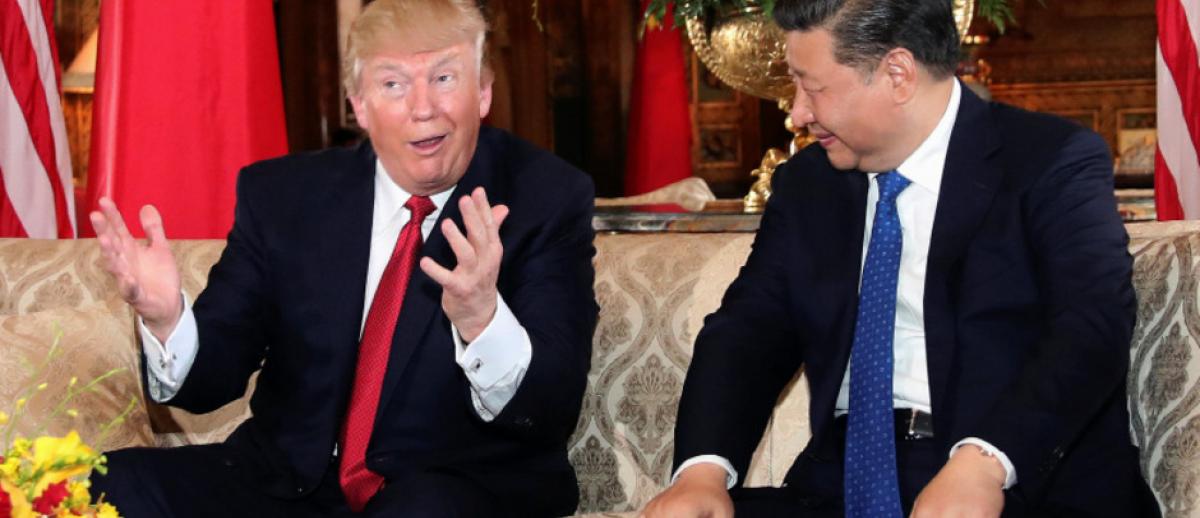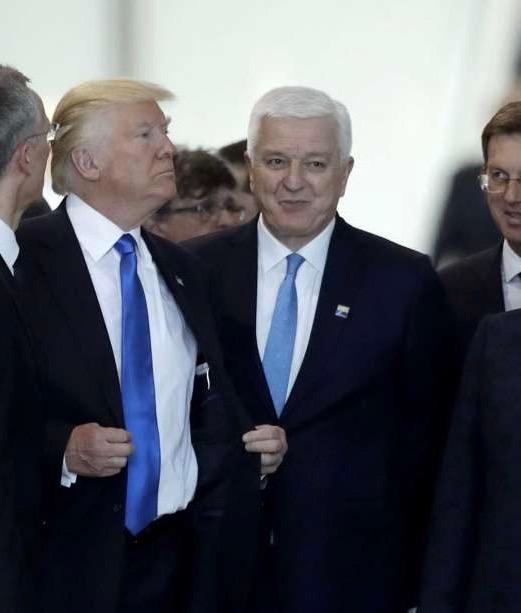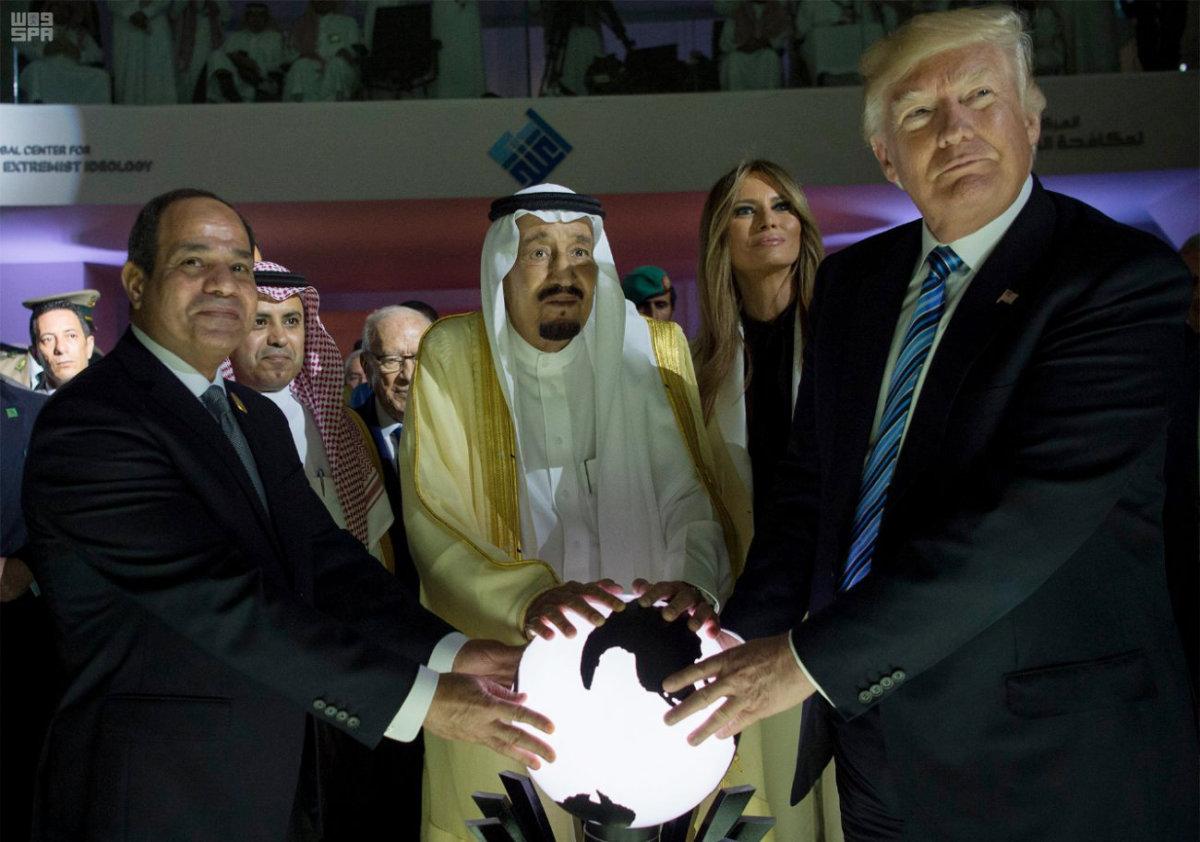Trump’s Not So Artful Dealing
archive


Trump’s Not So Artful Dealing
During his campaign for the U.S. presidency, Donald Trump frequently referred to his book, The Art of the Deal, and sought to cultivate a reputation for being a great negotiator. As negotiation scholars we briefly analyze these principles in what follows, and ask the question: Are they good advice for negotiating with other nations on the world stage? Discussing each principle in turn, we conclude that there are significant and serious limitations to employing Trump’s “principles” in the domain of foreign policy negotiations.
The first principle, Aim high and keep pushing to get what I am after,1 refers to goal-setting in negotiations. This approach is compatible with research on levels of aspiration and sham bargaining. Research findings generally show that consistently tough bargainers get good distributive outcomes.2 Nevertheless, these outcomes are contingent on the attractiveness of alternatives for the opponent and deadlines.3 They can also sour long-term relationships. There is the additional risk of stalemate if an opponent adopts a similar bargaining orientation, and Trump does not recognize contingencies based on circumstances or consequences. Continuing with goal specification, Trump advocates: Be focused or single minded (with respect to the goal).4 This suggests firmness or inflexibility. Focusing on the goal is also compatible with theories of aspiration and it captures half of the well-known idea of being firm on goals but flexible on the process for achieving them.5 Trump advocates firmness, however, without distinguishing between the goal and the negotiation process.
Although Trump favors clear and ambitious goal setting, he recognizes the need for possible goal modifications and ways to achieve them. This is reflected in the admonition: Anticipate the worst and develop fallback positions.6 Nevertheless, he allows for the possibility of compromise only when necessary. This may be similar to losing some battles but winning the war. It is not clear though whether he is advocating compromise to get an agreement or walking away in favor of an alternative. His previous point on firmness suggests walking away from a bad deal rather than compromising for any deal, and this seems to be a reasonable point. A related point is Trump’s idea of maximizing options,7 which emphasizes flexibility in the negotiation process. This appears to contradict the earlier point about being firm on the process. The flexibility implied by this principle refers to reacting to challenges rather than compromising or finding mutually acceptable solutions.

Donald Trump after pushing aside Montenegro Prime Minister Dusko Markovic at a NATO meeting on May 25, 2017.
Trump also counsels that one should, Rely on instinct rather than analysis.8 This is a fundamental attribution error in which he attributes cause to his own actions rather than to the situation. Considerable evidence has accumulated that favors analysis over intuition.9 Instinct theories of human behavior have fallen by the wayside. Nevertheless, he refers to learning from his own “random surveys.”10 He likely does not understand the meaning of “random,” and this also reflects his repeated rejection of systematic evidence when it does not comport with his views. Another principle urges an ongoing focus on one’s own orientation as opposed to the opponent’s: Do not appear to be desperate, deal from strength.11 This is the power argument in negotiation. There is little doubt that power has its advantages when the opponent has few options. He misses the much more subtle arguments made by Thomas Schelling many years earlier about the paradox of weakness.12
By reducing their dependence on stronger parties (i.e., opting out of the game), forming coalitions, or changing the issues from tangible to intangible, weak parties can also have leverage. Note in this regard the power of small island states in global environmental negotiations; they have moral power.
Trump also pushes to alter the environment under which negotiation occurs so as to improve outcomes. His advice for real estate transactions, such as Enhance your location,13 has potentially broader implications for other contexts. He talks about some tricks of the trade involving managing impressions about the value of your offer. This is the essence of salesmanship—even if it is not a good location, make it seem so. The problem with this kind of persuasion is that while it may work to secure a deal, it may also backfire later during implementation of the deal. Nevertheless, Trump appears to care little about longer-term relationships. He seems to stop with the signed agreement, and this myopic view does not reflect the need to nurture ongoing friendships and cooperation that are a cornerstone of international diplomacy. Media attention is also part of influencing the negotiation process: Get the word out.14 His point here is that getting attention creates value, and he demonstrated it well during his presidential campaign where negative publicity seemed to garner votes. The best international agreements, however, are those negotiated in private, away from the media, as has been demonstrated in research on negotiating flexibility.15
Trump appears to care little about longer-term relationships. He seems to stop with the signed agreement, and this myopic view does not reflect the need to nurture ongoing friendships and cooperation that are a cornerstone of international diplomacy.
As negotiations evolve, a change in tactics might be necessary and Trump first suggests Reframing,16 generally a good idea. The problem is that his use of reframing is manipulative. His phrase “truthful hyperbole” is not an “innocent form of exaggeration” as he claims. It carries the risk that other parties will regard him and the United States as liars and not worthy of trust in both immediate negotiations and over the long term. Fight back17 captures the essence of his approach. It is hard to disagree with fighting back when treated unfairly; indeed it is recommended. Bernie Sanders made this motto a cornerstone of his campaign. Trump, however, is not fighting back on behalf of others or on the basis of principles. His motto appears to refer to the cause of self gain. Imagine if all negotiating opponents relentlessly fought back at each other. They would be on a collision course where neither gains anything.
In the aftermath of negotiations and following an agreement, he acknowledges uncertainty about future events: “anything can change.”18 Being aware of this should prepare him for surprises that could unravel his deals. Yet he prefers to live in the present, having fun playing the game without preparing for possible unexpected developments. This attitude is hardly presidential and potentially disastrous in any conception of international relations.

President Trump’s view of the world is one that is full of vultures intent on getting the better of him. For him, life is seen as a game to be won. He seems to be less concerned about the plight of others, and may even revel in their defeat. He may agree with P.T. Barnum’s quip that “there is sucker born every minute,” ripe for exploitation.
Missing from Trump’s “principles” are skills essential for an effective negotiator and indeed a US president more generally. These include understanding and practicing integrative bargaining (as problems to be solved rather than games to be won). In dealing with others, be they friends or enemies, he does not understand the value of perspective taking or empathy, as well as the importance of long-term relationships and the value of fostering cooperation. Nor does he appear to understand complexity in the form of multiple stakeholders and constituencies. Most importantly, he lacks an understanding of the context in which he is now working—that is, difference between haggling over New York real estate and operating as one of the most powerful actors on the world stage. All of these shortcomings are skills that can be developed with patience and perseverance. Will this president learn them on the job?
1. The Art of the Deal, p. 45
2. Siegel and Fouraker
3. Komorita
4. The Art of the Deal, pp. 45-46
5. Pruitt
6. The Art of the Deal, p. 48
7. op cit., p. 50
8. op cit., p. 51
9. Nisbett and Ross; Druckman, 2009
10. Art of the Deal, p. 52
11. op cit., p. 53
12. Schelling,
13. Art of the Deal, pp. 53-54
14. op cit., p. 56
15. Druckman 1993
16. Art of the Deal, p. 58
17. op cit., pp. 58-59
18. op cit., p. 63
Druckman, Daniel 2009. “Intuition or Counter-intuition?: The Science
Druckman, Daniel 1993. “The Situational Levers of Negotiating Flexibility.”
Komorita, Samuel S. 1973. “Concession Making and Conflict
Nisbett, Richard and Lee Ross. 1980. Human Inference: Strategies
NJ: Prentice Hall.
Pruitt, Dean 1981. Negotiation Behavior. New York: Academic Press.
Schelling, Thomas 1960. The Strategy of Conflict. Cambridge, MA:
Siegel, Sidney and Lawrence Fouraker. 1960. Bargaining and Group
McGraw-Hill.
Trump, Donald and Tony Swartz. 1987. The Art of the Deal.




